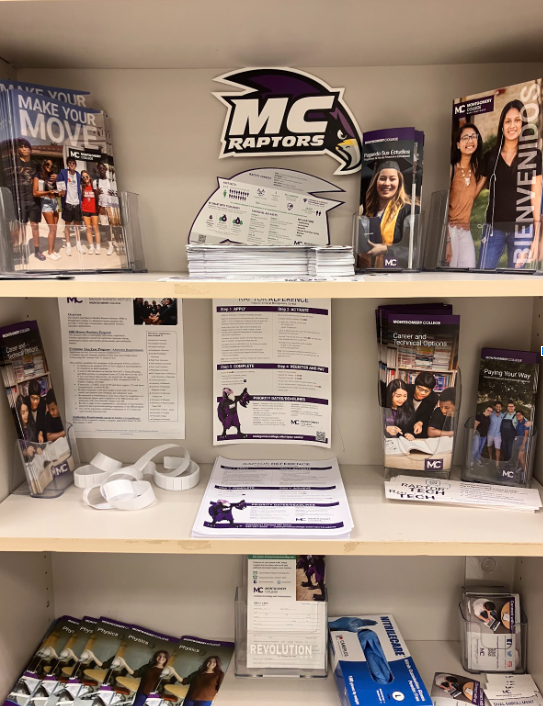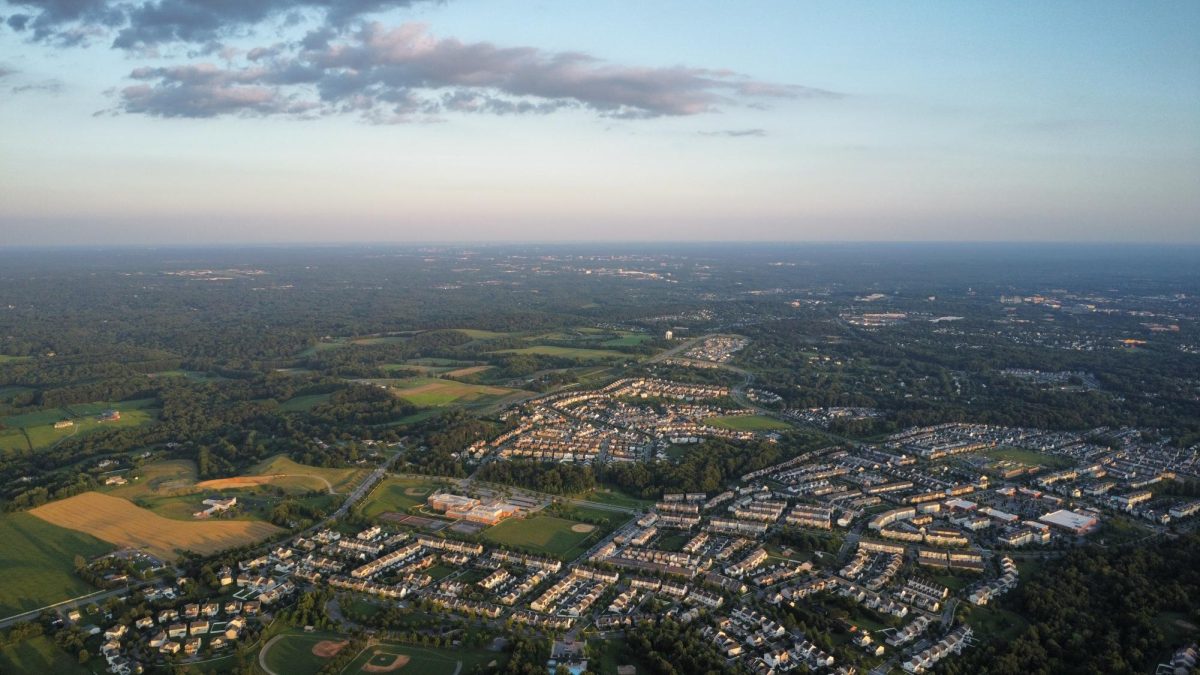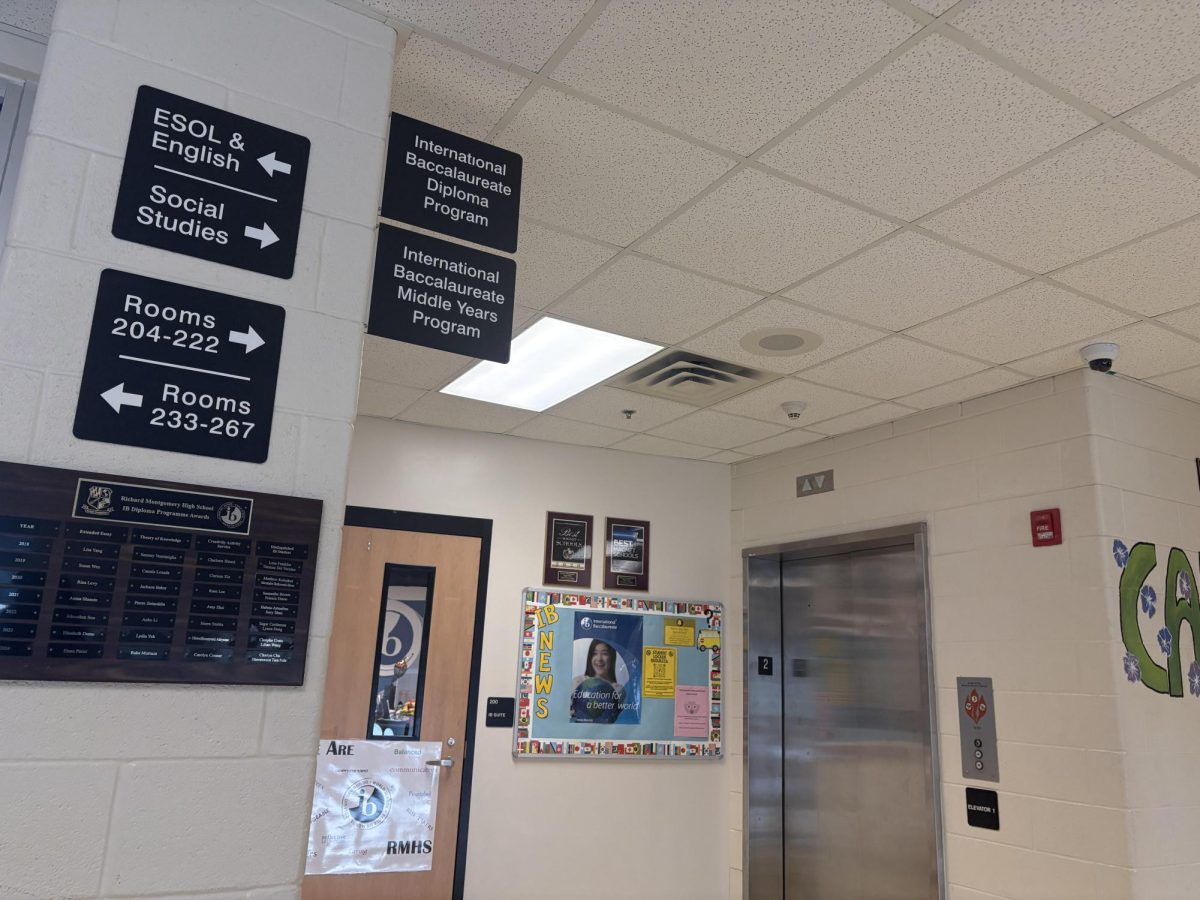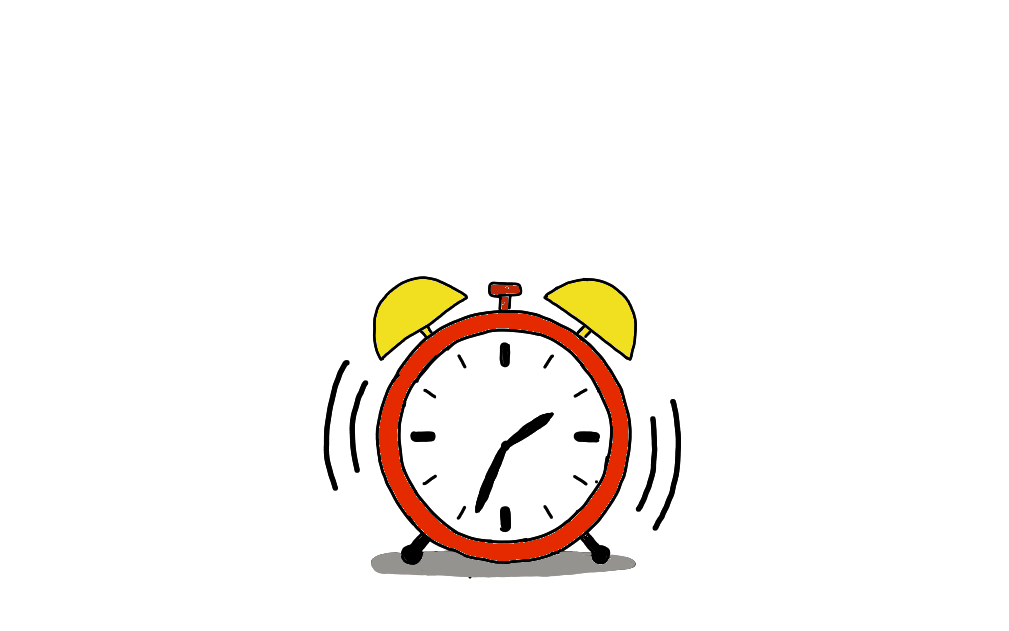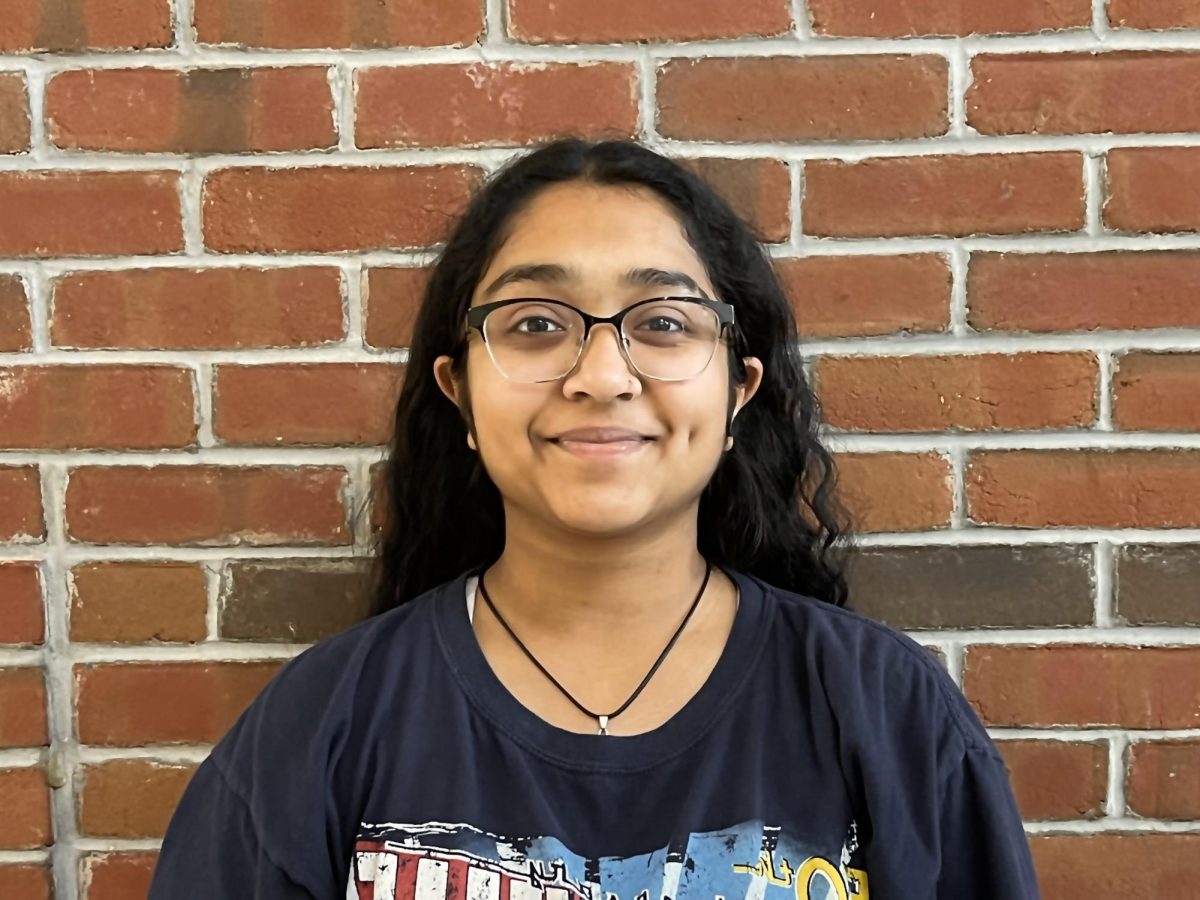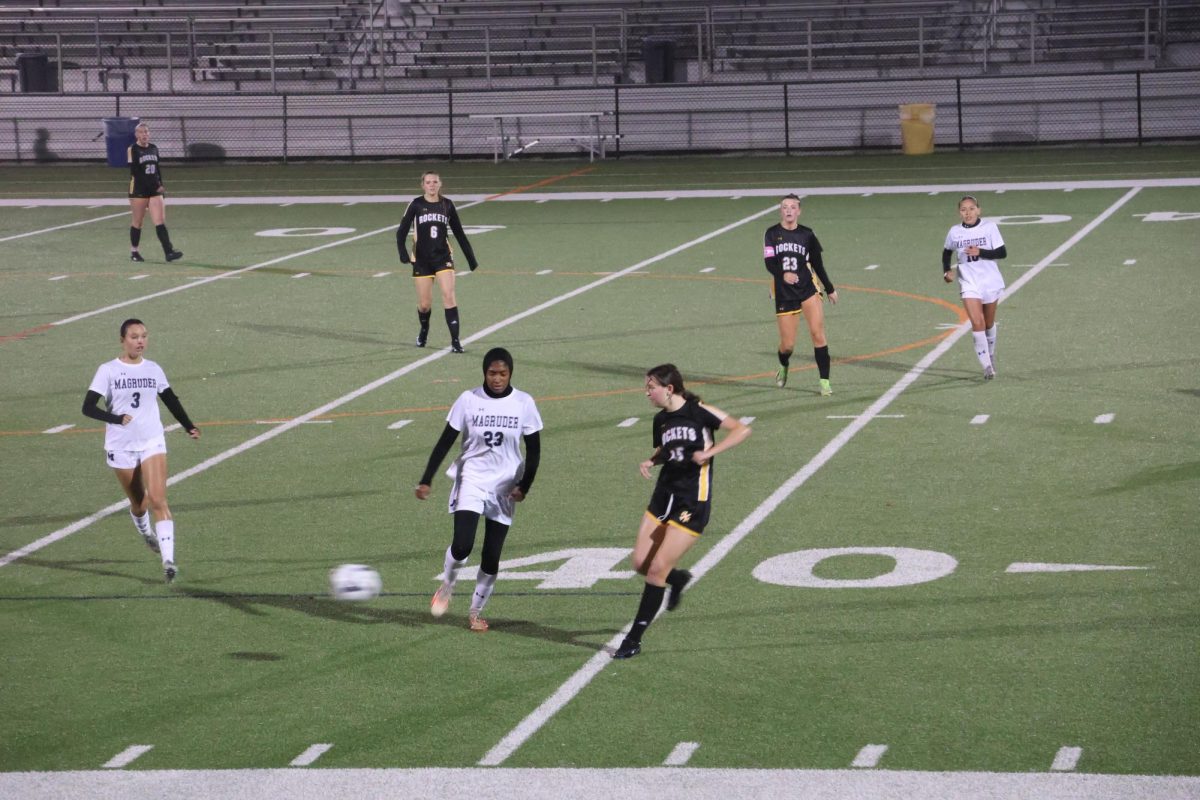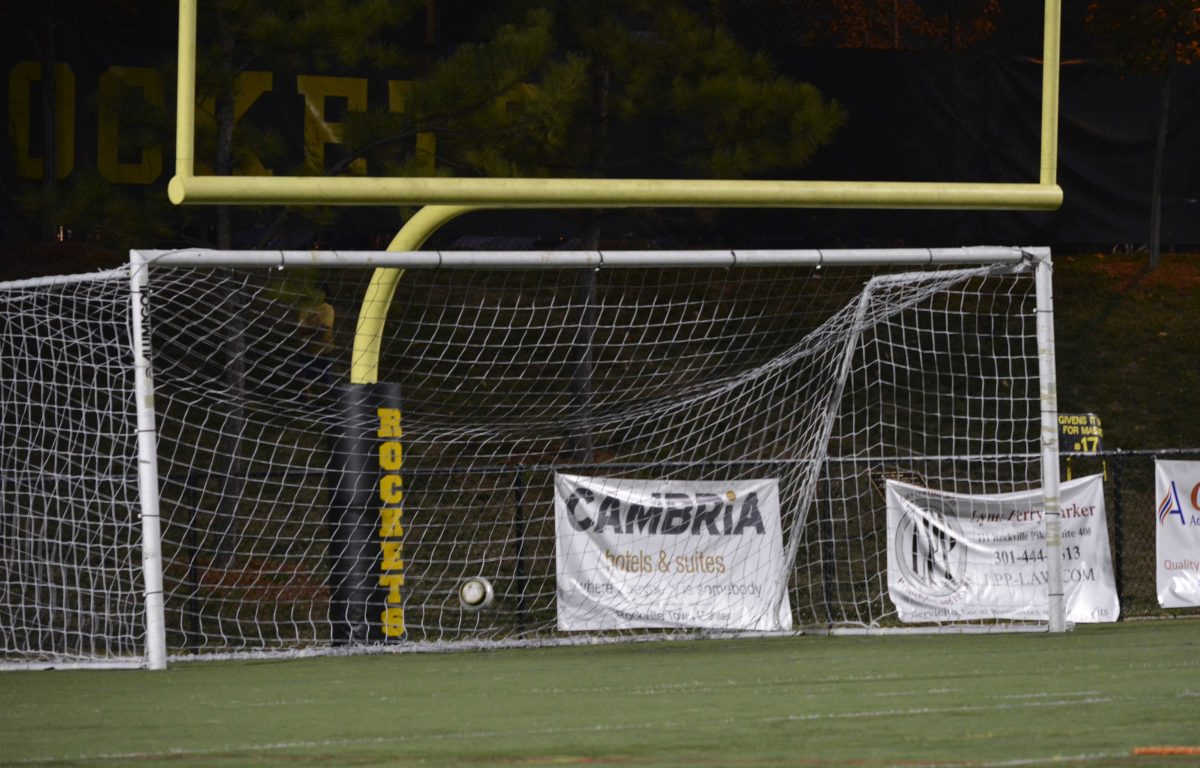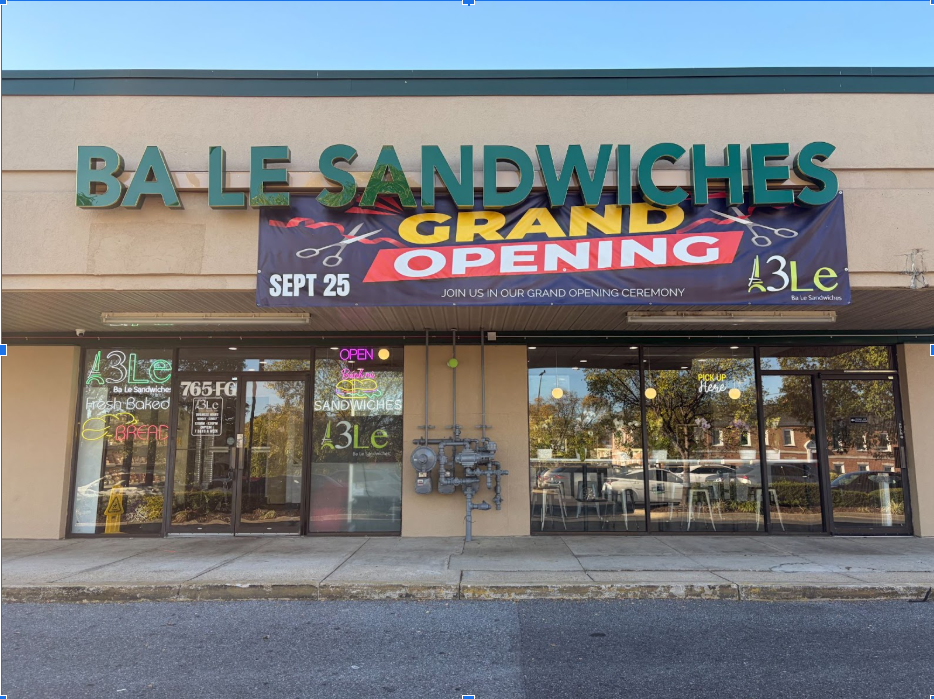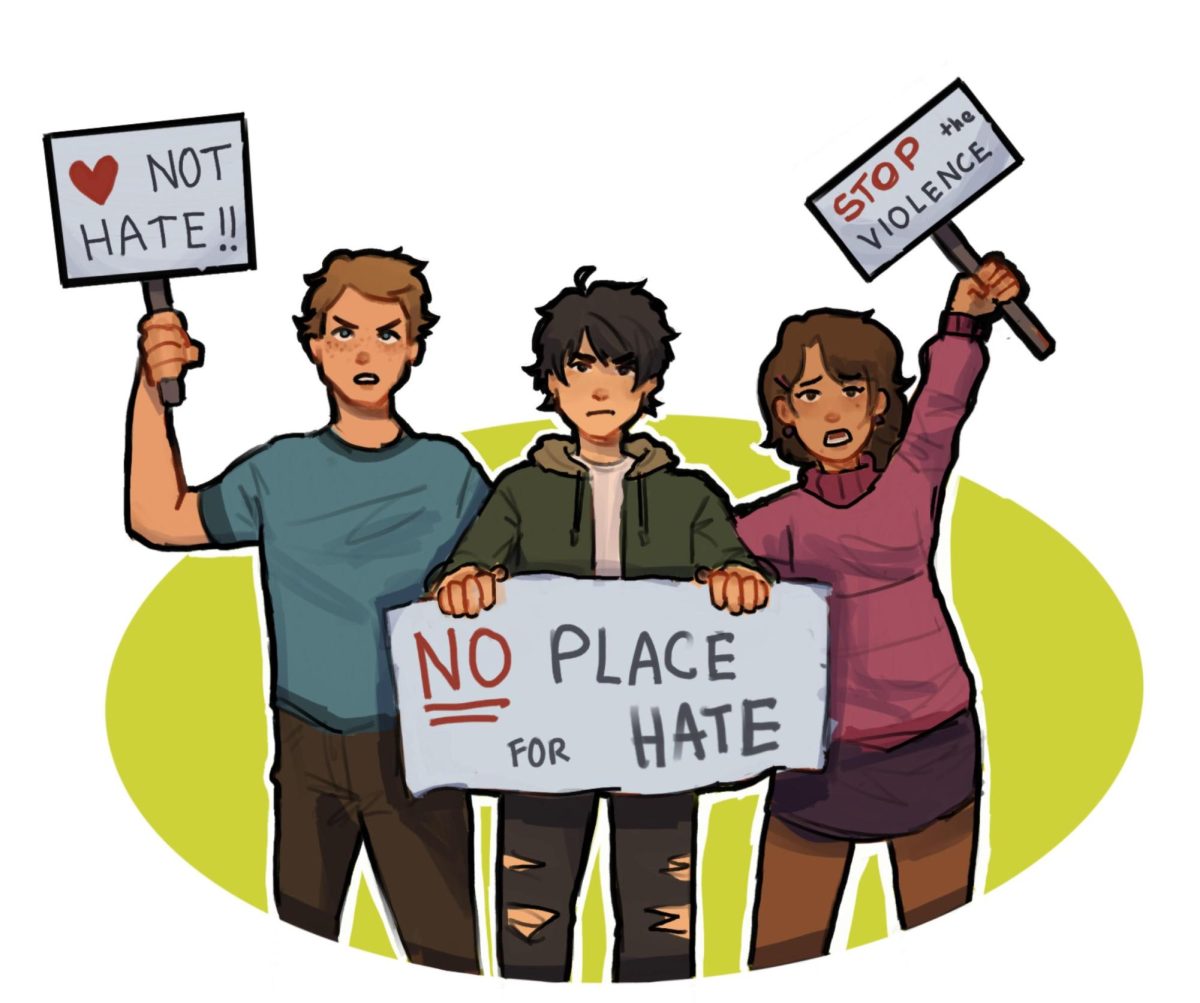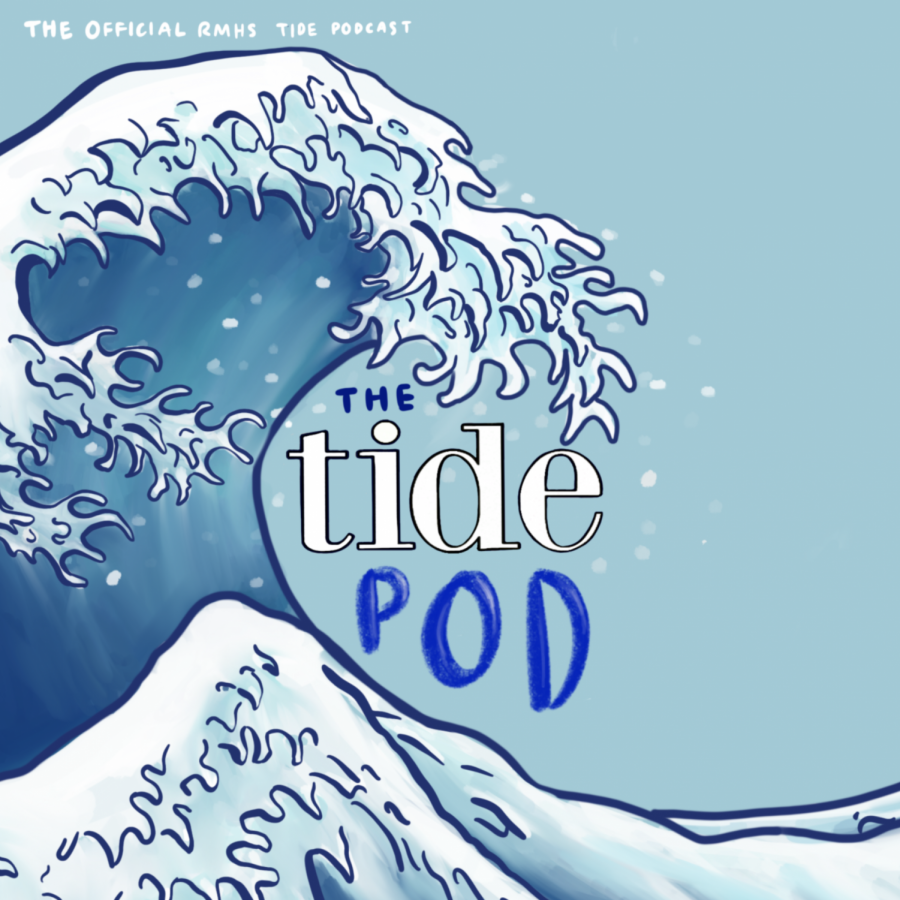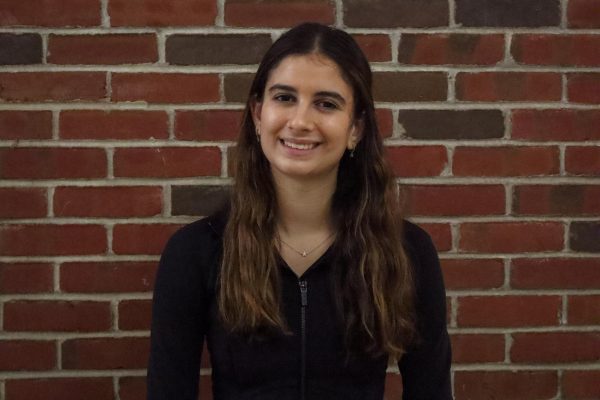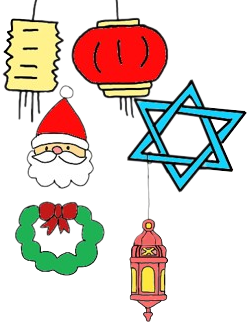
Throughout the community and country, the holiday season is pretty much taken over by Christmas; from the catchy music to the vibrant decorations to the iconic clothing. The Christmas spirit is always very festive and joyful. It creates a great feeling of nostalgia and pleasure for many. Despite its large audience of Christians across the world, it can create a feeling of exclusion towards those who do not celebrate. It would be beneficial to members of all religious groups if recognition and celebration of other December holidays could occur alongside and equal to the spirit of Christmas.
Some examples of religious holidays that lack awareness in society are Hanukkah along with Kwanazaa. Hanukkah is eight days long, and will take place Dec. 7 to 15. Kwanzaa will take place from Dec. 26 to Jan. 1. They are both right around the time of winter break.
Since Hanukkah often falls before winter break, most Jews still attend school or work throughout the holiday. This results in many people not being aware that Hanukkah is even going on. This causes many members of the Jewish community to feel excluded from winter holiday celebrations. If Hanukkah was acknowledged more in public settings, more people would become aware of it, which would be a step towards less overlook. This is important especially within MCPS, where there is a large Jewish population who deserve equal representation.
Junior Samantha Needle, a Jewish student, shared her observations revolving around the holidays. “I feel like people assume that everyone celebrates Christmas. And I feel like sometimes people forget about other religions,” Needle said.
It is also highly important to recognize those who don’t celebrate a religious holiday around this time of year. One way to do this is to start saying “happy holidays to those who celebrate any” instead of just “merry Christmas” during this winter season. Along with that, every person should try their best to say “winter break” instead of “Christmas break.”
Although “merry Christmas”’ and “Christmas break” aren’t often said in a purposefully hurtful way, it would be very advantageous if everyone could try their best to use more inclusive words.
A huge part of the lack of knowledge of other religions and holidays by much of society could have to do with many schools failing to educate students on minority religions and traditions. Not only is this exclusion ignorant, but it can leave a large gap in students’ education, likely to hurt them in the long run. According to the National Association for the Education of Young Children, “It is hurtful to children and families to impose celebrating of the holidays of one group on all the children and staff, or to make the holiday traditions of some groups visible while others are invisible.”
Junior Heather Feuerstein, a Jewish student, enjoys the spirit of Christmas but prefers when Hanukkah is represented alongside Christmas in public settings. “I love all the Christmas themed stuff, especially the candy and peppermint, and some of the little decorations can be super cute, but sometimes it can definitely feel a little lonely. I always get excited when a store will have a tiny Hanukkah area because it makes me feel welcome and appreciated,” Feuerstein said.
Minority religions are constantly facing all different types of discrimination. It is highly important to treat everyone equally at school, throughout the community and beyond. Recognizing and taking the time to learn about other religions besides your own can go a long way.


